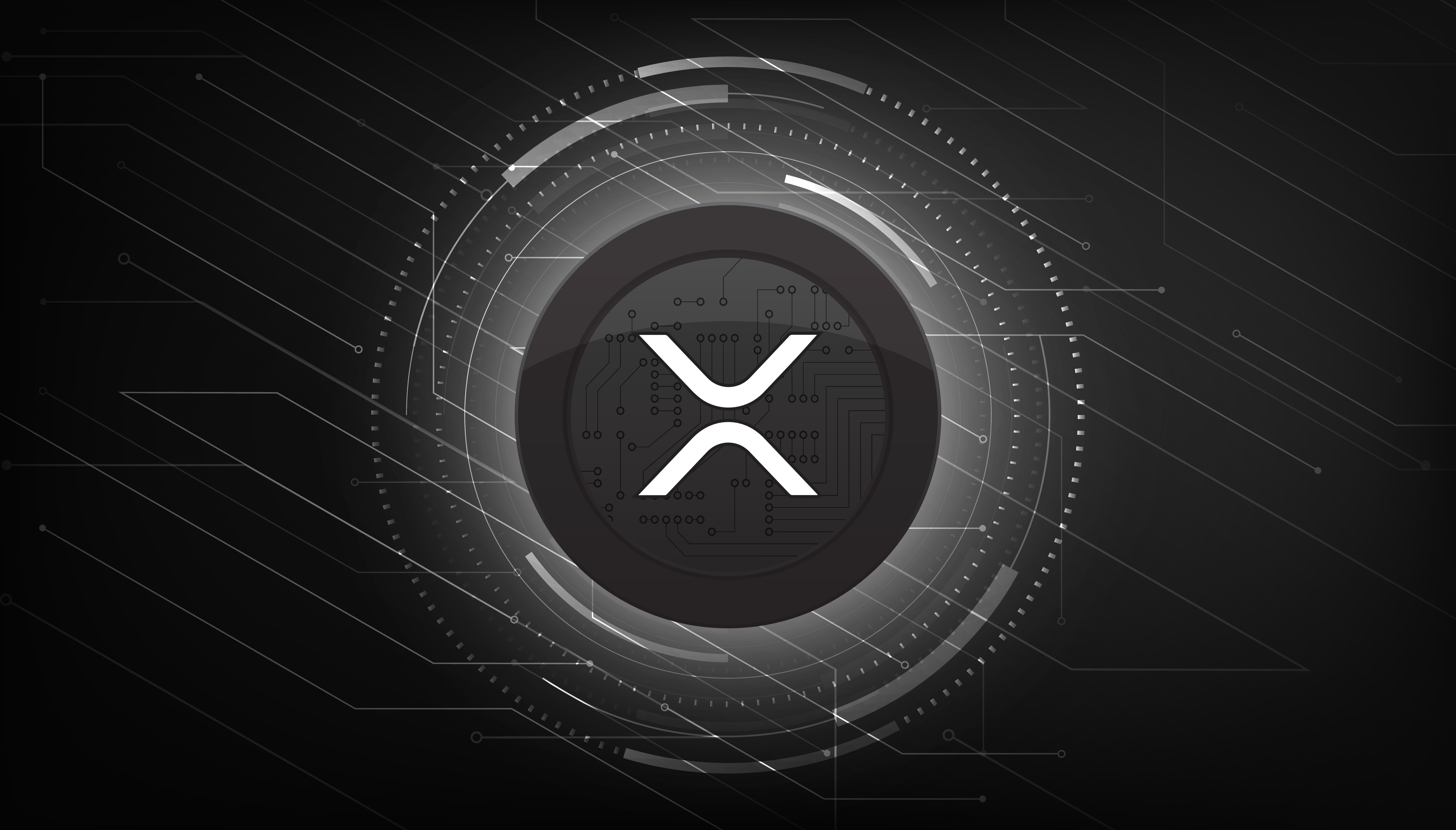ARTICLE AD
India’s central bank governor said that the country’s ongoing work with CBDCs could be the key to making cross-border remittances more affordable and efficient.
Key Notes
India is leading the way with both wholesale and retail CBDCs, using its experience to experiment with new features that could change the future of global payments.India’s CBDC initiative is not just about digitizing the rupee but enabling access to financial services for remote communities, ensuring no one is left behind.By creating a stable, secure CBDC network, central banks can alleviate concerns related to cryptocurrencies' instability, building a more resilient and trustworthy financial ecosystem .India’s Reserve Bank Governor, Shaktikanta Das, has called attention to the potential of Central Bank Digital Currencies (CBDCs) in revolutionizing cross-border payments. Speaking at the “Central Banking at Crossroads” conference, he outlined how CBDCs could dramatically reduce the cost and time associated with international payments.
Remittances play a pivotal role in India’s economy, with billions of dollars flowing in from the Indian diaspora every year. However, the process remains costly and inefficient but Governor Das believes that CBDCs could turn the situation around.
“We believe there is immense scope to significantly reduce the cost and time for such remittances,” he said, pointing out that the current systems can be slow and expensive, especially for low-income families relying on cross-border transfers.
Expanding Indian Payment System to Tackle Remittance Issues
He disclosed that India already has a real-time gross settlement (RTGS) system that operates on a daily basis, enabling fast, secure domestic payments. However, expanding this infrastructure to settle transactions in major trade currencies – such as the US dollar, euro, and British pound – would unlock new efficiencies in global trade.
Governor Das proposed that this expansion could be achieved through both bilateral and multilateral arrangements, providing smoother and faster transactions between countries.
While he believes that upgrading the RTGS system could reduce transaction costs for cross-border payments, he noted that the country’s work on CBDCs will be the game changer.
According to the governor, India is one of the first large economies to launch both wholesale and retail CBDCs. Das highlighted that the assets are not just about creating a digital version of the rupee, they are part of an ambitious pilot project that includes a range of innovative features. These include programmability, interoperability with the UPI fast payment system, and the development of offline solutions tailored for underserved and remote populations in the region.
“We are experimenting with value-added services as part of our CBDC pilot,” he explained. The goal is to make financial services more accessible and reduce the barriers faced by people in remote areas.
CBDCs Could Mitigate Cryptocurrency Risks
Das also touched on the challenges of achieving global CBDC adoption. He stressed the importance of harmonizing standards across countries to ensure that CBDCs are interoperable, making cross-border transactions smoother.
While individual countries might prefer to design their own systems to suit domestic needs, Das argued that this challenge could be overcome by creating a flexible, “plug-and-play” system – one that would allow India’s experience to be replicated in other countries.
In his closing remarks, the central bank governor pointed to the wider implications of these advancements, particularly in addressing financial stability concerns often associated with cryptocurrencies. He believes that by developing interoperable CBDC systems, central banks could reduce the risks tied to private digital currencies and create a safer, more stable global financial ecosystem.
The RBI boss has on many occasions voiced concerns about the risks imposed by cryptocurrencies and their potential harm to the country’s economy. In January 2024, he disclosed that despite the wide acceptance of digital assets across the globe, adopting the emerging economy will “create huge risks which will be very difficult to contain going forward” in India.
Disclaimer: Coinspeaker is committed to providing unbiased and transparent reporting. This article aims to deliver accurate and timely information but should not be taken as financial or investment advice. Since market conditions can change rapidly, we encourage you to verify information on your own and consult with a professional before making any decisions based on this content.
CBDC News, Altcoin News, Cryptocurrency News, News

Chimamanda is a crypto enthusiast and experienced writer focusing on the dynamic world of cryptocurrencies. She joined the industry in 2019 and has since developed an interest in the emerging economy. She combines her passion for blockchain technology with her love for travel and food, bringing a fresh and engaging perspective to her work.


 1 month ago
13
1 month ago
13 

